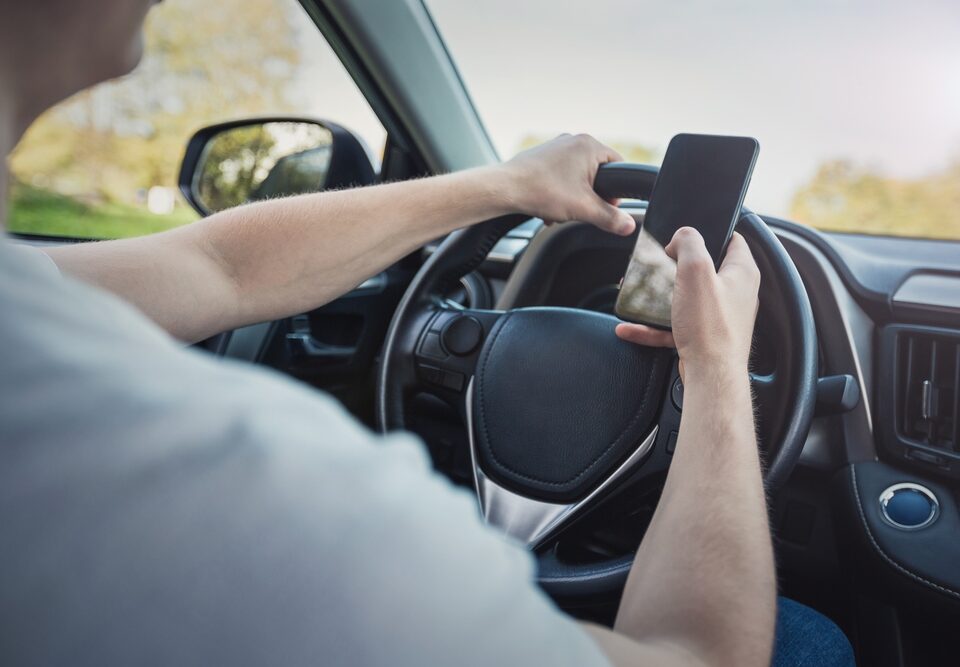Facing a DUI charge can have a significant impact on various aspects of your life, from your ability to drive to how you access essential services. One of the most common questions that arise after a DUI charge is: Can you use Uber after a DUI? This article explores the implications of a DUI on your access to ride-sharing services and offers practical advice on how to navigate this situation.
The Role of Uber in Daily Transportation
Uber and other ride-sharing services have revolutionized transportation, offering convenience and affordability to millions. After a DUI charge, these services can be crucial for those whose licenses have been suspended or revoked. Using Uber allows individuals to maintain mobility without driving, which is especially important when legal restrictions prevent operating a vehicle.
Can a DUI Affect Your Uber Usage?
A DUI charge does not directly affect your ability to use Uber as a passenger. Ride-sharing companies like Uber primarily restrict users for behaviors that violate their terms of service, such as violence or unsafe conduct during rides. A DUI charge pertains to your behavior as a driver and does not typically extend to your ability to use the service for transportation.
However, if you are a registered Uber driver, the situation changes. Ride-sharing platforms conduct regular background checks, and a DUI can lead to disqualification. Uber’s policy generally prohibits individuals with a recent DUI conviction from driving for the platform, though the exact time frame may vary depending on local laws and regulations.
Legal Restrictions and Considerations
While Uber itself might not restrict your access as a passenger after a DUI, legal consequences may indirectly impact your use of the service. For instance:
- Probation Terms: Some probation agreements may restrict your movement or mandate certain reporting requirements that could affect your ability to freely use Uber or other transportation services.
- Financial Strain: Legal fees, fines, and penalties associated with a DUI can make frequent use of ride-sharing services financially burdensome.
In such situations, consulting with a felony DUI lawyer can clarify the legal and practical implications of your charges. These professionals can guide you through the procedure and offer tailored advice based on the specifics of your case.
Practical Steps for Using Uber After a DUI Charge
If you’re facing a DUI charge, here are some practical steps to ensure uninterrupted access to Uber or similar services:
- Check Your Legal Standing: Understand the terms of your license suspension or probation and any restrictions that may apply.
- Plan for Costs: Consider budgeting for ride-sharing expenses during the period you are unable to drive.
- Explore Alternative Transportation: If Uber proves too expensive, explore other options such as public transit, carpooling, or employer-sponsored transportation.
Conclusion
A DUI charge is undoubtedly challenging, but it doesn’t mean you lose all your mobility. Uber remains a viable option for most people, allowing them to navigate daily life while addressing their legal responsibilities. To better understand how a DUI charge might impact your long-term mobility or ride-sharing eligibility, it’s essential to seek legal advice.

